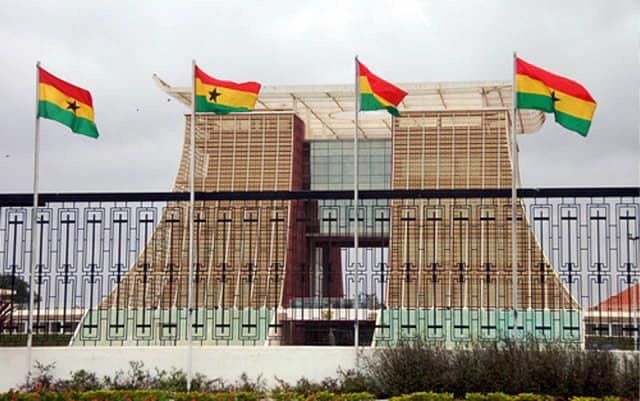- by andrews-adunkwah
- February 20, 2024
Click the link below to join Our WhatsApp group for daily brief on current trends in the country.
Join Here!
Loading

In the vibrant tapestry of Ghana’s evolving democracy, a palpable sense of enthusiasm hangs in the air. As the nation navigates its political landscape, the “winner takes all syndrome” encapsulates the high-risk nature of Ghanaian politics, where victory in elections often translates into wielding considerable power and influence while defeat can mean relegation to the sidelines of governance.
This syndrome manifests in various facets of Ghanaian politics, from intense campaigning efforts to the polarization of public discourse. Political parties spare no effort in vying for electoral supremacy, employing tactics ranging from impassioned rallies to sophisticated media campaigns. The stakes are undeniably high, with the winner not only securing control of the government but also gaining access to resources, patronage networks, and the ability to shape policy agendas.
In recent years, Ghana has experienced a burgeoning democratic process marked by fiercely contested elections and peaceful transitions of power. However, beneath the surface lies a deeply ingrained ethos where the spoils of victory are substantial, leaving little room for compromise or cooperation across party lines.
In the aftermath of elections, the victor often faces immense pressure to deliver on promises made during the campaign, while the vanquished grapple with the realities of opposition. This dynamic can breed political polarization, hinder consensus-building, and impede progress on critical issues facing the nation.
Former General Secretary of the Christian Council of Ghana, Rev. Dr Kwabena Opuni-Frimpong, “noted that though there had been a constitutional review during the tenure of the late President, Professor John Evans Atta-Mills, his successor failed to implement it, leading to the persistence of the structural political problems” he told Daily Graphic.
Despite these challenges, Ghana’s democracy continues to mature, buoyed by the resilience of its institutions and the active engagement of its citizenry. Efforts to promote transparency, accountability, and inclusivity are vital in mitigating the winner takes all syndrome and fostering a political culture characterized by cooperation and compromise.
As Ghana navigates the complexities of its democratic journey, confronting the winner takes all syndrome represents a crucial step towards building a more resilient and inclusive political system, where the interests of all citizens are represented and respected.

Click the link below to join Our WhatsApp group for daily brief on current trends in the country.
Join Here!
0 Comments: